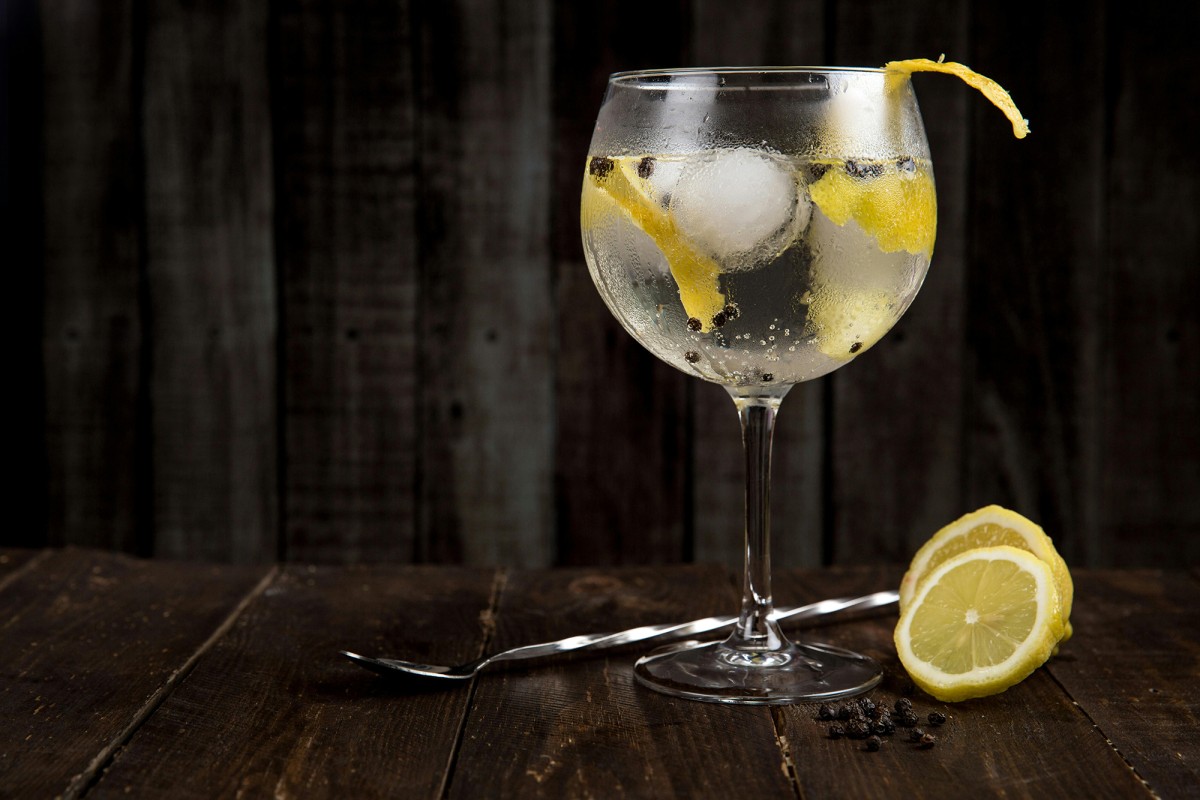Should you reconsider having ice and a slice with your G&T?

As another UK summer draws to a close, the refreshing cocktails and drinks we love to relax with of an evening tend to get swapped out for something a bit more warming. But as the last of the gin or Pimm’s is finished off it turns out that your favourite garnishes might not be as hygienic as you’d hope.
The issue is coming to the fore again thanks to Elle magazine resurfacing a Journal of Environmental Health study from 2007 which investigated whether lemon slices used in bars and restaurants to garnish drinks contained microbial contamination.
Researchers analysed swabbed samples of the flesh and rind of lemon slices from 21 restaurants across 43 visits and found that nearly 70% of the test slices produced some microbial growth, across a range of 25 microbial species, whereas 30% produced no microbial growth.
“The microbes found on the lemon samples in our investigation all have the potential to cause infectious diseases at various body sites, although the likelihood was not determined in this study,” the researchers wrote. “Restaurant patrons should be aware that lemon slices added to beverages may include potentially pathogenic microbes.”
Although the study was originally conducted in 2007, it has still been backed up by Philip Tierno, a clinical professor of microbiology and pathology at New York University, who has discovered evidence of E. coli, Enterococcus feacalis, Staphylococcus aureus and norovirus.
When asked to comment on the study, Tierno said “People are touching the lemon in your glass, handling it, cutting it, placing it in a container or a cup, or a glass; and then picking up those slices at a later point in time and dropping them into a drink and putting them on the rim of a glass. You can easily see how those lemon slices and lemon wedges can be contaminated.”
Although garnishes can be washed, we recommend Fit Fruit and Vegetable Wash which removes 98% more pesticides and bacteria than water, Tierno recommends that bars and restaurants ensure that their staff follow good hand-washing practice.
← Back to blog
